Spotlighting Refugee Stories: Thu To
In the spirit of capturing nuanced refugee experiences, inspired by Refugee Week, Vietnamese Family Partnership are highlighting stories of members of our communities and their experiences escaping from Vietnam and coming to the UK as “Vietnamese Boat People”.
Our Spotlighting Refugee Stories series continues! This time, we speak to Thu To comparing her experience in the UK and its culture from first impressions to years of lived experience and what she hopes younger generations will embrace about the opportunities being in the UK provides.
A text version of the interview can also be found below:
MEET THU | GẶP BÀ THU
My name is Thu To. I left Vietnam in 1986, stayed in Hong Kong for four months, and then came to the UK.
Tôi tên là Thu Tô. Tôi rời Việt Nam năm 1986, đến Hồng Kông bốn tháng, rồi sang Anh Quốc.
WHY DID YOU LEAVE VIETNAM? | TẠI SAO BÀ RỜI KHỎI VIỆT NAM?
I left because I didn't like the regime in Vietnam, which made my life very uncomfortable so I decided to leave.
Tôi rời Việt Nam vì tôi không thích chế độ ở bên Việt Nam, làm cho tôi sống không thoải mái, nên tôi quyết định ra đi.
THE ROUTE FROM VIETNAM | HÀNH TRÌNH TỪ VIỆT NAM
I left Vietnam in July 1986, by boat from Nha Trang for two days and two nights. I was rescued by a Danish ship and brought to Hong Kong. I stayed there for four and a half months and was accepted to go to England. After I arrived in the UK, I stayed at a Reception camp in Dorset for three months. Since I wanted to go to London I had to leave for another camp, in Newbury Leeds, and stayed there for another eleven months. I went to learn English. I requested to study in the camp for eleven months before I came to London.
Tôi rời Việt Nam tháng 7 năm 1986, từ Nha Trang đi thuyền hai ngày hai đêm. Tôi được tàu Denmark cứu vớt và mang tôi đến Hồng Kông. Tôi ở lại đó bốn tháng rưỡi và được đi Anh Quốc. Tôi đến Anh Quốc xong tôi được ở trại Reception camp in Dorset ba tháng. Vì tôi muốn đi London nên tôi phải rời đi một camp khác, ở Newbury Leeds, và ở đó thêm mười một tháng nữa. Tôi đi học tiếng Anh. Tôi xin học ở trong trại mười một tháng trước khi tôi đi về London.
THREE WORDS TO DESCRIBE YOUR FIRST IMPRESSION OF THE UK | BA TỪ ĐỂ DIỄN TẢ CẢM TƯỞNG ĐẦU TIÊN CỦA BÀ VỀ VƯƠNG QUỐC ANH
My three words: New, strange world.
Ba từ của tôi - Mới, xa lạ thế giới.
WHAT SURPRISED YOU ABOUT ENGLISH CULTURE? | BÀ CÓ NGẠC NHIÊN ĐIỀU GÌ VỀ VĂN HOÁ ANH KHÔNG?
A cultural difference of England that is different from Vietnam is the relationship between a romantic couple - male and female. If you have not met the families, you cannot live together in Vietnam. In the UK, there is a right to live together. That was a surprise and completely different from our culture.
Một cái culture của English mà khác biệt với Việt Nam là quan hệ xã hội (relationship) giữa một couple, một cặp trai gái. Nếu chưa gặp gia đình thì ở Việt Nam không thể live together. Ở Anh Quốc thì có quyền live together. Cái đó là một cái surprise và khác biệt hoàn toàn với culture của mình.
FAVOURITE THING ABOUT ENGLISH CULTURE? | ĐIỀU GÌ THÍCH NHẤT VỀ VĂN HOÁ ANH?
Fish and Chip
Cá và khoai tây chiên
WHAT KIND OF SUPPORT WERE YOU GIVEN WHEN YOU ARRIVED? | BÀ NHẬN ĐƯỢC HỖ TRỢ GÌ KHI BÀ MỚI ĐẾN?
When I came to the UK, I received help from the Department of Social Welfare and was provided housing, also weekly income support. Then I went to study English. My daughter went to school. I studied English every day.
Đến UK thì tôi được giúp đỡ của Bộ Xã Hội và cấp nhà cửa, cũng như tiền bạc trợ cấp để sinh sống hàng tuần. Rồi tôi đi học tiếng Anh. Con cái thì đi học ở trường học. Tôi thì đi học tiếng Anh mỗi ngày.
HOW DO YOU FEEL NOW ABOUT THE JOURNEY YOU TOOK? | BÀ CẢM THẤY THẾ NÀO VỀ HÀNH TRÌNH MÀ BÀ ĐÃ CHỌN?
Although it was a very dangerous and difficult journey, I found freedom and found happiness. And I've been lucky enough to have a peaceful, stable life, and that's what I wanted.
Tuy là một hành trình rất là dangerous, rất là vất vả, nhưng mà mình đã tìm được tự do, tìm được hạnh phúc. Và mình đã may mắn là có cuộc sống bình an, ổn định, và là những điều mình mong muốn.
LESSON TO PASS DOWN | BÀI HỌC TRUYỀN LẠI
The experience to pass on to the young generation, as well as to my children, is that Britain is a very humanitarian, progressive country, creating opportunities for us to develop. Young people can go to school. People with their own families can also learn. The elderly can also go to school. Therefore, the younger generation has to work hard.
Kinh nghiệm để truyền lại cho thế hệ trẻ, cũng như là con cái là nước Anh là một nước rất nhân đạo, cầu tiến, tạo mọi điều kiện cho mình đi lên. Giới trẻ mình có thể đi học. Người có gia đình mình cũng có thể học. Người già cũng có thể đi học. Mà nhất là người trẻ thì phải cố gắng.
Vietnamese Family Partnership is dedicated to helping individuals and families in the Vietnamese community to thrive in the UK, if you or anyone you know may need advice and support, contact us at our Advice & Support Centre: https://www.vietfp.org/advice-and-support-centre

